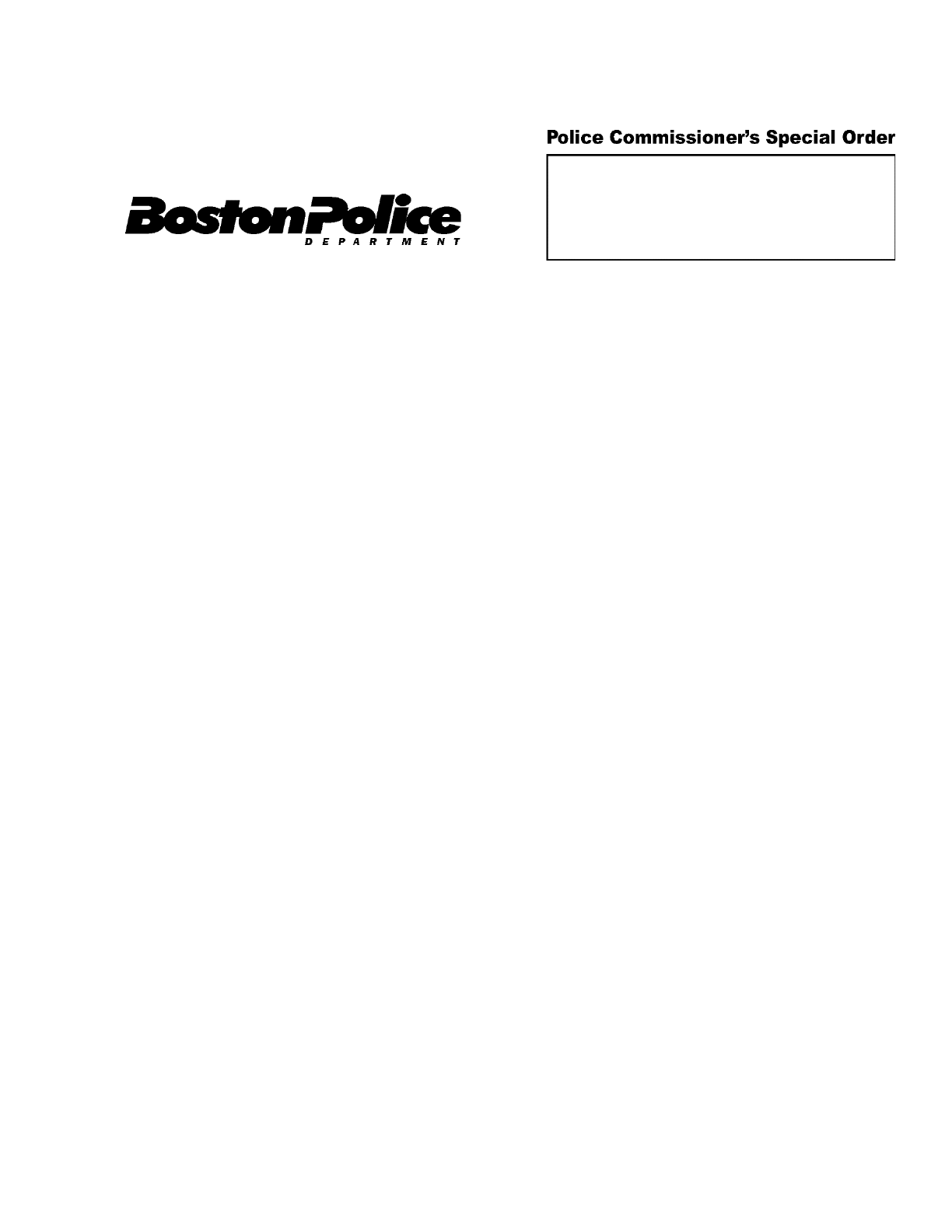
Number: SO 24-12
Date: 3/12/24
Post/Mention: Indefinite
SUBJECT: RULE 326 - LICENSED PREMISES INSPECTION/PAID DETAILS - REVISED
Effective immediately, Rule 326, Licensed Premises Inspections/Paid Details is hereby
revised and reissued superseding all previous rules, special orders, memos and directives on
this subject.
Section 4 (E), Section 7, and Section 9 are being corrected to replace Licensing Unit
with Licensed Premises Unit. Copies of inspection notices are to be sent to the Licensed
Premises Unit, which will forward a copy of all such reports to the Licensing Board and/or
Licensing Division if appropriate.
Commanding Officers shall ensure that this order and the attached Rule are posted on
Department bulletin boards.
Michael A. Cox
Police Commissioner
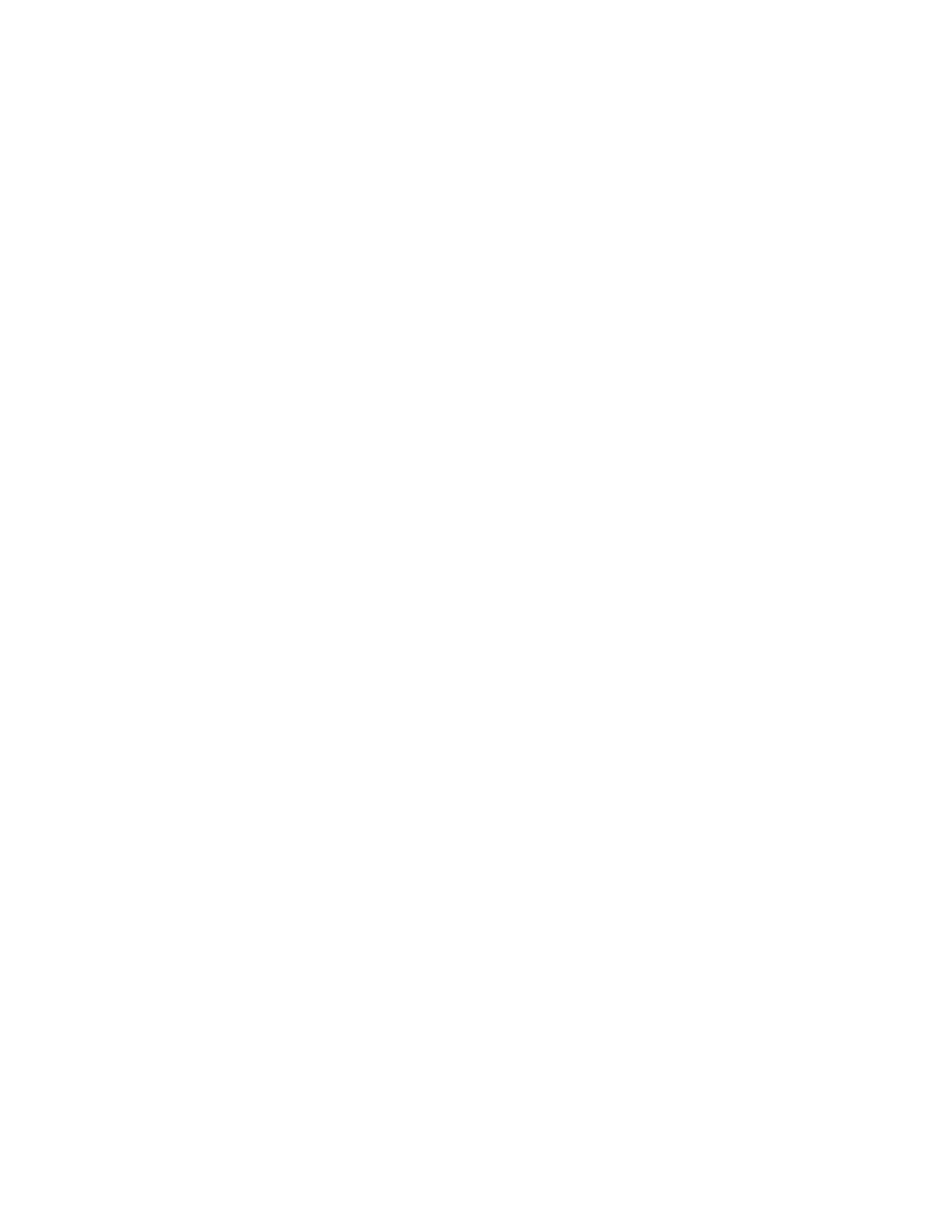
Boston Police Department Rules & Procedures
Rule 326
March 12, 2024
RULE 326 - LICENSED PREMISES INSPECTION/PAID DETAILS
This Rule establishes guidelines and procedures for the conduct of Police Officers performing
paid details in licensed premises and supersedes all previously issued Rules, Orders,
Memorandums and Directives. Also, this Rule establishes Departmental policy relative to the
manner in which Boston Police Officers report violations of the Laws of the Commonwealth and
the Rules and Regulations of the Boston Licensing Board (hereafter referred to as the "Licensing
Board") and the Mayor's Office of Licensing and Consumer Affairs (hereafter referred to as the
"Licensing Division") and the Boston Cannabis Board (hereafter referred to as the “BCB”).
Sec. 1 GENERAL CONSIDERATIONS:
As agents of the Licensing Authorities, Officers may enter upon and inspect licensed premises,
including Cannabis Dispensaries (see M.G.L. c. 138 § 63; c. 140 § 21E; c. 140 § 210) (City of
Boston Ordinance, November 20, 2019 and Boston Cannabis Board Rules and Regulations, July
22, 2020.) However, in the absence of a search warrant, Officers are prohibited from using force
to gain entry for the sole purpose of conducting an inspection. Any person who hinders, delays or
refuses to admit an Officer in the performance of his duty is committing a criminal offense
(M.G.L. c. 138 § 63A). Any such incident shall be documented in an Incident Report and
reported to the Licensing Board and Licensing Division or the Boston Cannabis Board in
accordance with this order.
Sec. 2 POLICY:
All Police Officers acting in the capacity of agents of Licensing Authorities must concern
themselves with all crimes and violations of Licensing rules that are committed WITHIN or
ABUTTING licensed premises. Serious assaults, unlawful possession or use of weapons, sale or
possession of controlled substances and receiving stolen property (to mention just a few
examples) which take place on or abutting the premises are to be documented in an Incident
Report and be brought to the attention of the Licensing Authorities. The following selected rules
and regulations, the terms and conditions of which are applicable to licensed premises, if
violated, constitute a serious threat to public safety as well as interfering with and disturbing the
public peace. They are:
1. There shall be no disorder, indecency, prostitution, lewdness or illegal gambling on or abutting
the licensed premises.
2. There shall be no overcrowding, blocked aisles or obstructed fire exits. No increase in the
capacity of the licensed premises will be valid unless a petition is duly filed by the licensee and
approved by the appropriate Licensing Authority.
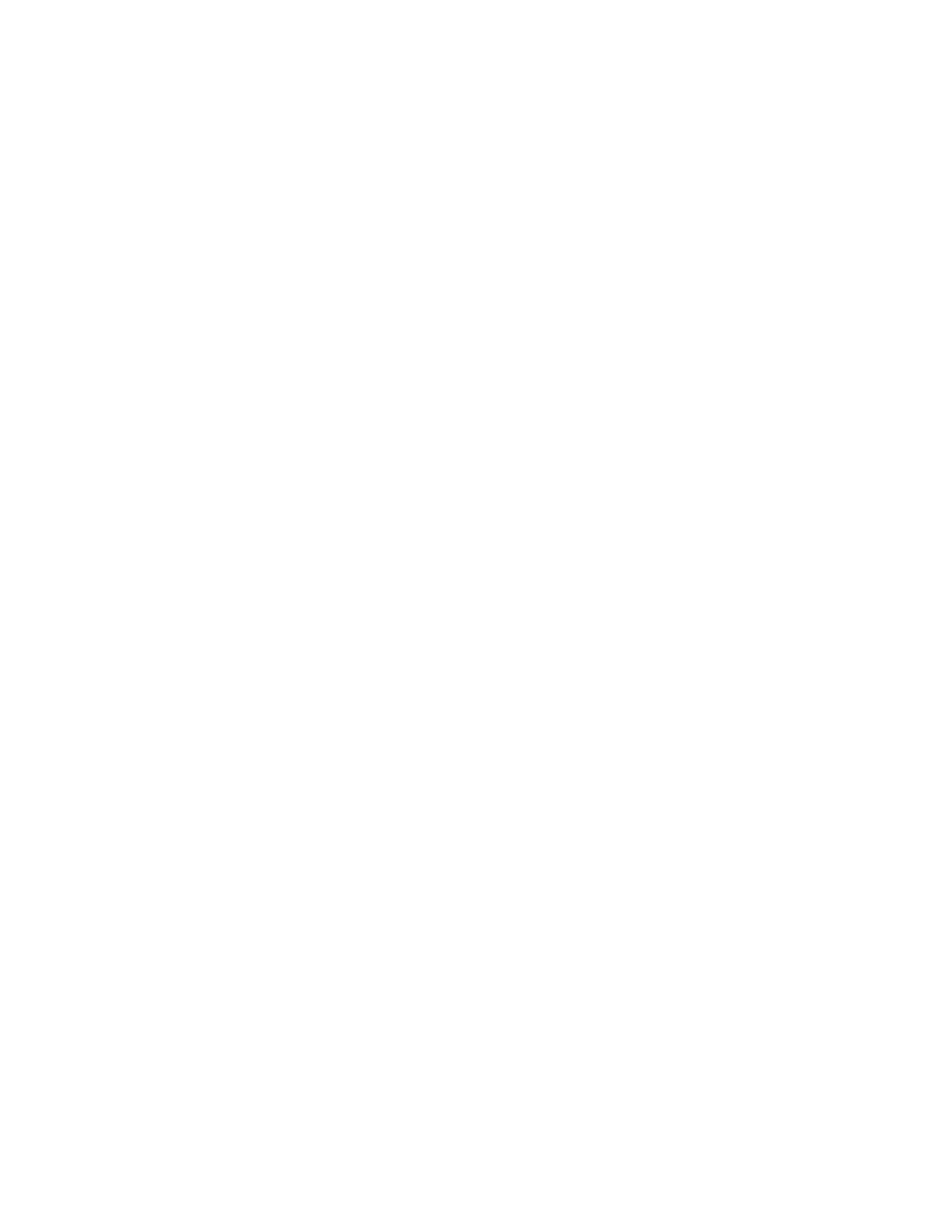
PLEASE NOTE THE CLEAR AND PRESENT DANGER FOR THE PUBLIC IN THE
OVERCROWDING OF LICENSED PREMISES. This condition places a grave responsibility
on all Police Officers in the Department to strictly monitor such conditions and to vigorously
enforce violations of such regulations.
3. Unless otherwise permitted, with the exception of liquor sold in packaged goods stores, all
alcoholic beverages sold in licensed premises must be opened and consumed on the premises.
(Patrons and/or employees are not allowed to enter or leave the premises with drinks or
containers of alcoholic beverages).
4. Officers are also to concern themselves with any other violations of the alcoholic beverage
laws which may come to their attention. (i.e., Happy Hours or Service of CBD infused drinks)
5. Officers are to be vigilant for the potential of Drink Spiking / Drugging incidents. Responding
Officers who encounter possible Drink Spiking / Drugging incidents should summon Boston
EMS to evaluate the victim(s), gather information, preserve evidence and encourage victim(s) to
obtain a bold or urine test at a hospital immediately. Officers should document this in an
incident report.
6. In any circumstances where a Licensed Premises Violation is also a criminal violation,
investigating Officers shall pursue both administrative and criminal complaints. (e.g.,
overcrowding, sale to minors, et al).
Sec. 3 PROCEDURES:
In conformance with Rule 103, s. 19 and Rule 104A, s. 14, all sworn personnel are required to be
knowledgeable of conditions in and around licensed premises. Accordingly, all Supervisors shall
make periodic inspections and all sworn personnel shall take notice of all licensed premises on
their assigned area and report all violations to their Patrol Supervisor. While it is the policy of
this Department that licensed premises inspections shall be conducted by Supervisors and
Detectives, uniformed Police Officers must be alert to violations which they may encounter
during the course of their normal duties.
All personnel will adhere to the following procedures when entering a licensed premises:
A. Code 10 - Personnel who enter a Licensed Premises for the purpose of a Code 10 will notify
the Operations Division that they are entering a licensed premises and state the location.
B. Radio Calls - Officers responding to a radio call will notify the Patrol Supervisor, via the
Operations Division, if the location of a call is a licensed premises. They shall inform the
Operations Division of the business name and exact address of the premises in question.
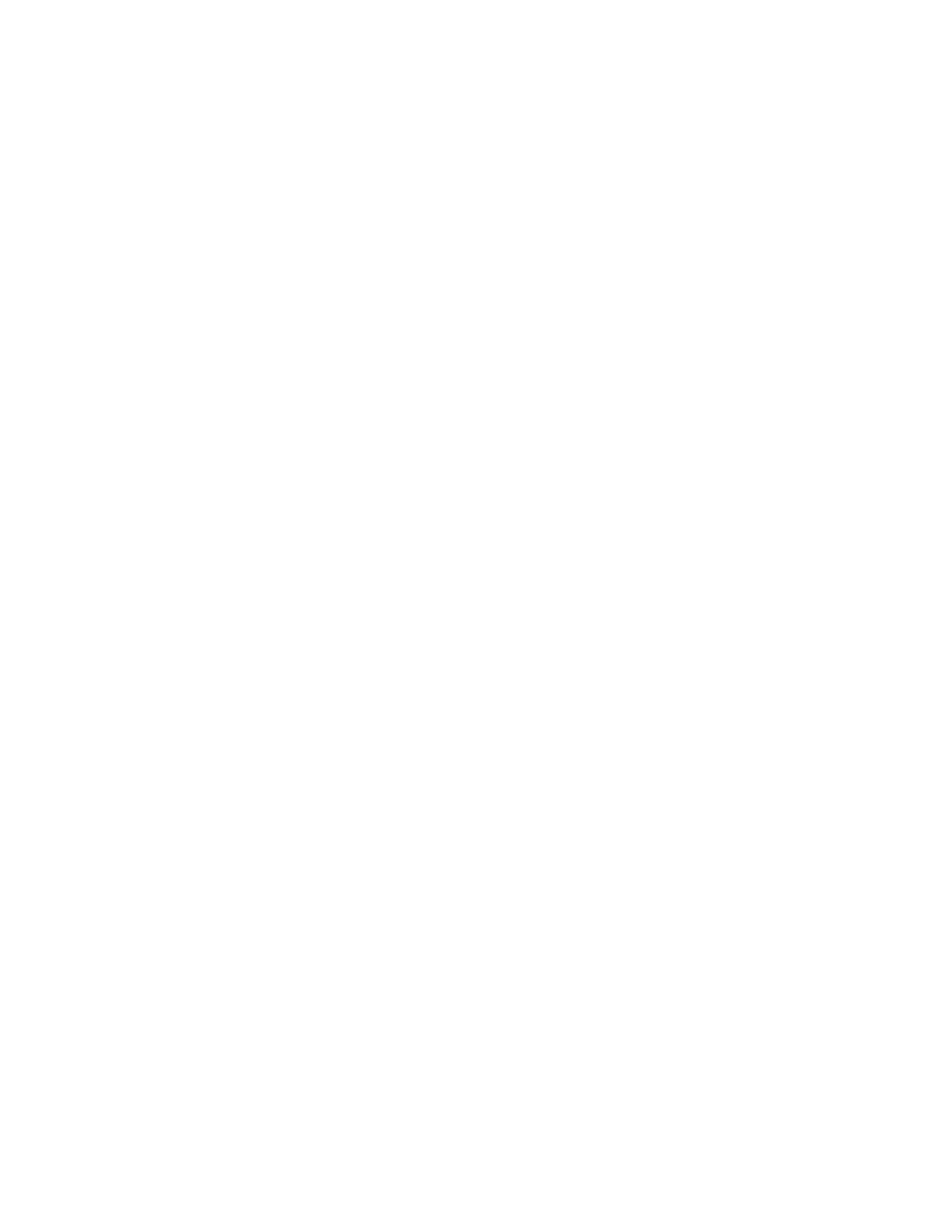
C. Inspections - Supervisors and Detectives who conduct a licensed premises inspection will
notify the Operations Division immediately prior to entering the premise, stating the address and
the appropriate radio code for a licensed premises inspection. Personnel conducting a licensed
premise inspection will announce a "Code 35."
D. Investigations - Personnel who enter a licensed premises during the course of an investigation
are not required to announce a "Code 35." However, they will notify the Operations Division
immediately prior to entering the premise, stating the address and the appropriate radio code and
shall record the name and address of the licensed premises and include the fact that they were in
a licensed premises in their report subsequent to the investigation.
Sec. 4 VIOLATION INSIDE OR ABUTTING A LICENSED PREMISES:
Whenever an Officer becomes aware of a violation INSIDE or ABUTTING a licensed premises,
the following action will be taken:
A. Notify Operations of a licensed premises violation and request that a Patrol Supervisor be
dispatched to the scene.
B. A Licensed Premises Inspection Notice (Form 1981 revised) - will be made out by a
Supervisor or a Detective. A Licensed Premises Inspection Notice (Form 1981 revised) will also
be made out by a Supervisor of Detective when an inspection of a Cannabis Dispensary is
conducted.
Check the appropriate box in the upper left corner to indicate whether inspection of a licensed
premises resulted in either a VIOLATION or NO VIOLATION of law, city ordinance or
administrative rules and regulation.
If the VIOLATION box is checked - answer the questions noted. (1) Were Police called? Did the
Licensee or the Manager notify the Police Department? (2) Was a Police Officer assigned?
Complete all other blocks on the form. Be specific if a violation of the law.
If the VIOLATION box is checked - an I# is to be obtained and entered on the form in the upper
left corner of the form.
If the NO VIOLATION box is checked - i.e., the on-premises investigation revealed no
violations, complete only those blocks designated by an (*).
C. Incident Report (BPD Incident Report) - If the VIOLATION box is checked, an Incident
Report (BPD Incident Report) describing the facts and circumstances of what transpired inside or
abutting the licensed premises must be completed by the Officer who observed the violation or
responded to the incident. “Licensed Premise” will be checked in the Event Statistics of the Mark
43 system.
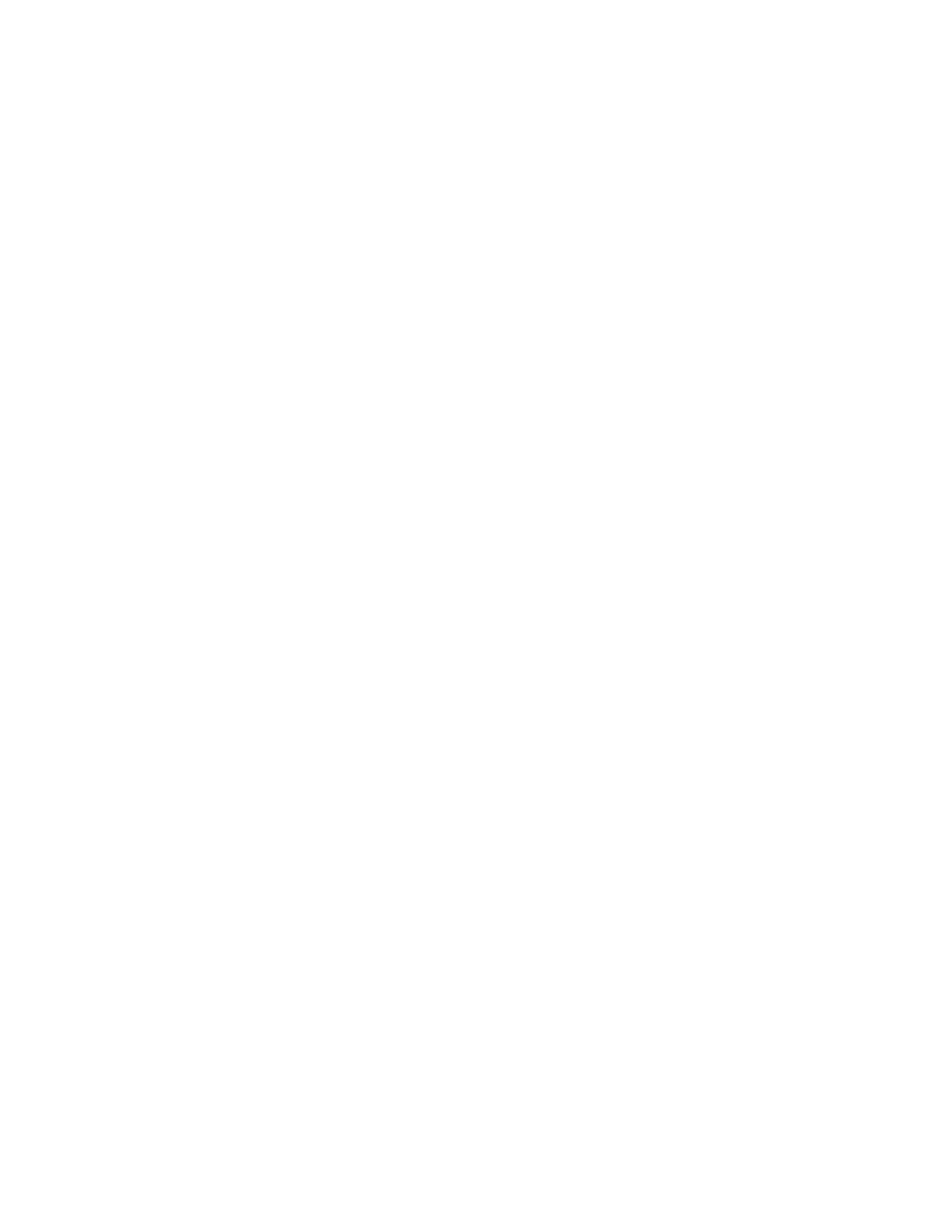
D. Incident Reports concerning Licensed Premises that are reported subsequent to the event will
note the District of occurrence and will require the report author to notify a Detective from the
area of occurrence and note the Detective’s name in the Incident Report
E. Distribution of the Licensed Premises Inspection Notice:
When a violation is found, distribution will be made as follows:
White Copy - Licensee Copy
The remaining four (4) copies of the inspection notice shall be sent to the BPD Licensed
Premises Unit for distribution. A copy of the original Incident Report and any Supplementary
Incident Reports will be attached to both the Canary Copy and Pink Copy of the Inspection
Notices. Prior to forwarding the remaining four (4) copies of the inspection notice to the
Licensed Premises Unit, a photocopy of the notice shall be made and kept in the District
Commander's files.
When no violation is found, all five (5) copies of the inspection notice shall go to the BPD
Licensed Premises Unit for distribution. Prior to forwarding all original copies of the inspection
notice to the Licensed Premises Unit, a photocopy of the notice shall be made and kept in the
District Commander's files.
Sec. 5 GENERAL RESPONSIBILITIES OF POLICE OFFICER PERFORMING PAID
DETAILS AT LICENSED PREMISES:
A. Police Officers are first and foremost employees of the Boston Police Department. The fact
that a business is providing compensation to the City of Boston for the services of the Officer
shall have no relevance in the performance of official duties. Officers are primarily responsible
for enforcing the laws of the Commonwealth, City Ordinances, ensuring compliance with rules
and regulation of the Licensing Authorities and protecting the safety of the public. They shall not
act in any other capacity, such as checking I.D. cards or acting as doormen or ticket takers for the
management.
B. Except for paid details where a Superior Officer is also assigned, no Officer will be assigned
to perform more than two (2) paid details at the same licensed premises during any calendar
month.
C. No Officer shall be assigned or shall accept a paid detail at a licensed premise that will
conflict with his/her tour of duty.
D. Officers performing paid details at licensed premises will remain at the detail location for the
full duration of the detail.
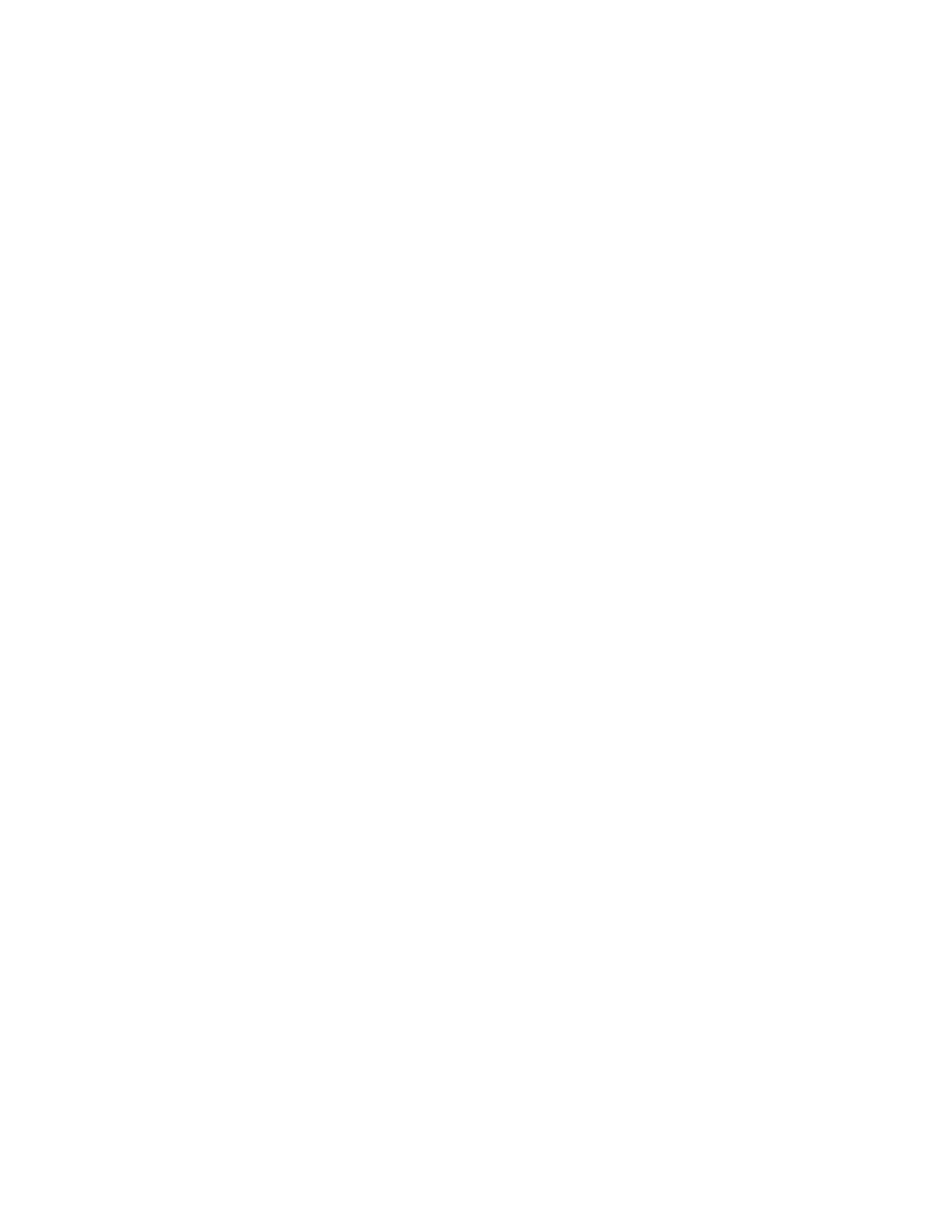
For the purposes of Section 5B, 5C and 5D of this rule, a Licensed Premises shall be defined as
"a premises where the primary business is the sale or distribution of alcoholic beverages." It does
not include sporting or entertainment businesses where the sale or distribution of alcoholic
beverages is the secondary business (e.g., Fenway Park, Symphony Hall).
E. Any violation of laws, licensing regulations or conflicts involving management and police
personnel at licensed premised details shall require an immediate on-air request for a Patrol
Supervisor.
F. All Officers performing paid details at licensed premises will do so in full uniform, unless
there is permission from the District Commander to do otherwise.
G. Police Officers performing paid details at licensed premises are responsible for both the inside
and outside condition of the premises.
H. The standard rate of compensation for Officers performing paid details is established by the
Police Commissioner and is not subject to any variation, except by the Police Commissioner in
conjunction with the collective bargaining agreement(s).
I. Officers shall not accept cash as a legitimate payment for a detail. The only acceptable form of
payment for a detail is a City of Boston payroll check which is made out to the Officer.
J. Pursuant to Rule 102, Section 22, of the Rules and Procedures of the Boston Police
Department, Officers shall not solicit, seek or accept any gift or gratuity, including food, drink or
admission to public transportation or public amusements for themselves or others, from any
individual, merchant or business establishment, when it can be construed to involve their
position as an employee of the Boston Police Department.
K. Pursuant to M.G.L. c. 268A, § 2 (a) and (b), any offer of any present or future consideration
in an attempt to influence a municipal employee or any such act by a municipal employee in
order to obtain any such consideration is a three (3) year felony.
Sec. 6 RESPONSIBILITY OF SUPERVISORY PERSONNEL - PATROL SUPERVISOR:
The Patrol Supervisor shall respond to all requests for assistance or notices of violations
occurring at licensed premises and shall be responsible for ensuring that all Licensed Premise
Inspection Notice forms (BPD 1891) and Incident Reports are completed and, where applicable,
issued in accordance to this rule. Furthermore, Supervisors will:
A. Ensure that details performed at licensed premises are conducted in accordance with stated
Department policy and pursuant to the Laws of the Commonwealth, City Ordinances and the
Rules and Regulations of the Licensing Authorities.
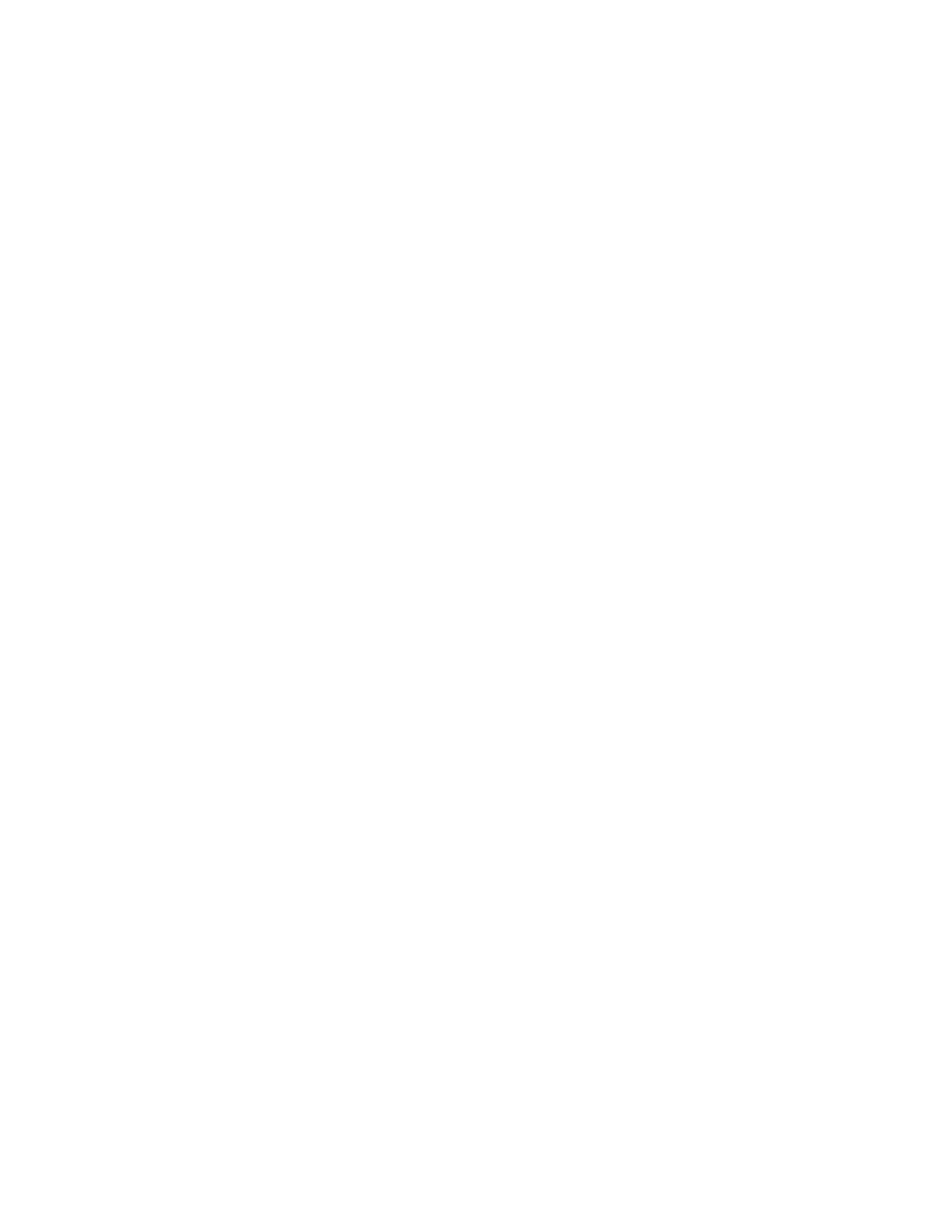
B. Fully and correctly complete BPD Form 1891 for each premises he inspects or responds to an
incident occurring at.
C. Make periodic inspections of detail Officers at licensed premises as their work load allows.
D. Ensure that licensed premises are operated in an orderly fashion and not so as to constitute a
public nuisance.
E. Forward all copies of reports relative to licensed premises to the District Commander.
Sec. 7 COMMANDING OFFICER:
It will be the responsibility of the District Commander to establish a file for all licensed premises
where Inspection Notices have been issued and be certain that all Licensed Premises Inspection
Notices are forwarded to the BPD Licensed Premises Unit.
District Commanders shall:
A. Issue Licensed Premises Inspection Notice books (BPD 1891) to Supervisory personnel,
Detectives and Police Officers he so designates.
B. Ensure that Licensed Premises Inspection Notice Audit Summary sheets (BPD Form 2400)
are completed and that all forms are accounted for. Completed audit forms shall be forwarded to
the Auditing and Review Division, OII, and then to the Licensed Premises Unit for safekeeping.
C. Forward, on a weekly basis, Licensed Premises Violation/Inspection Weekly Summary Form
(BPD Form 2710), covering the period beginning Sunday, 12:01 a.m. and ending Saturday,
12:00 p.m. (Midnight), listing a summary of all licensed premises violations/inspections issued
by sworn personnel during the inspection of Licensed Premises.
Sec. 8 AUDITING AND REVIEW DIVISION:
The Auditing and Review Division shall conduct triannual inspections of all District files relative to
Licensed Premises Inspection Notices to ensure compliance with Department policy and procedures.
Sec. 9 PUBLIC NUISANCES:
Whenever a pattern of incidents develops to the degree that the Licensed Premises appears to be
operating as a public nuisance, the District Commander will forward a complete report to the
Police Commissioner and a copy to the BPD Licensed Premises Unit. The BPD Licensed
Premises Unit shall forward a copy of all such reports to the Licensing Board and/or Licensing
Division, whichever is appropriate. Case law has established that there is a legal precedent for
documenting incidents and securing evidence to support a public nuisance complaint.
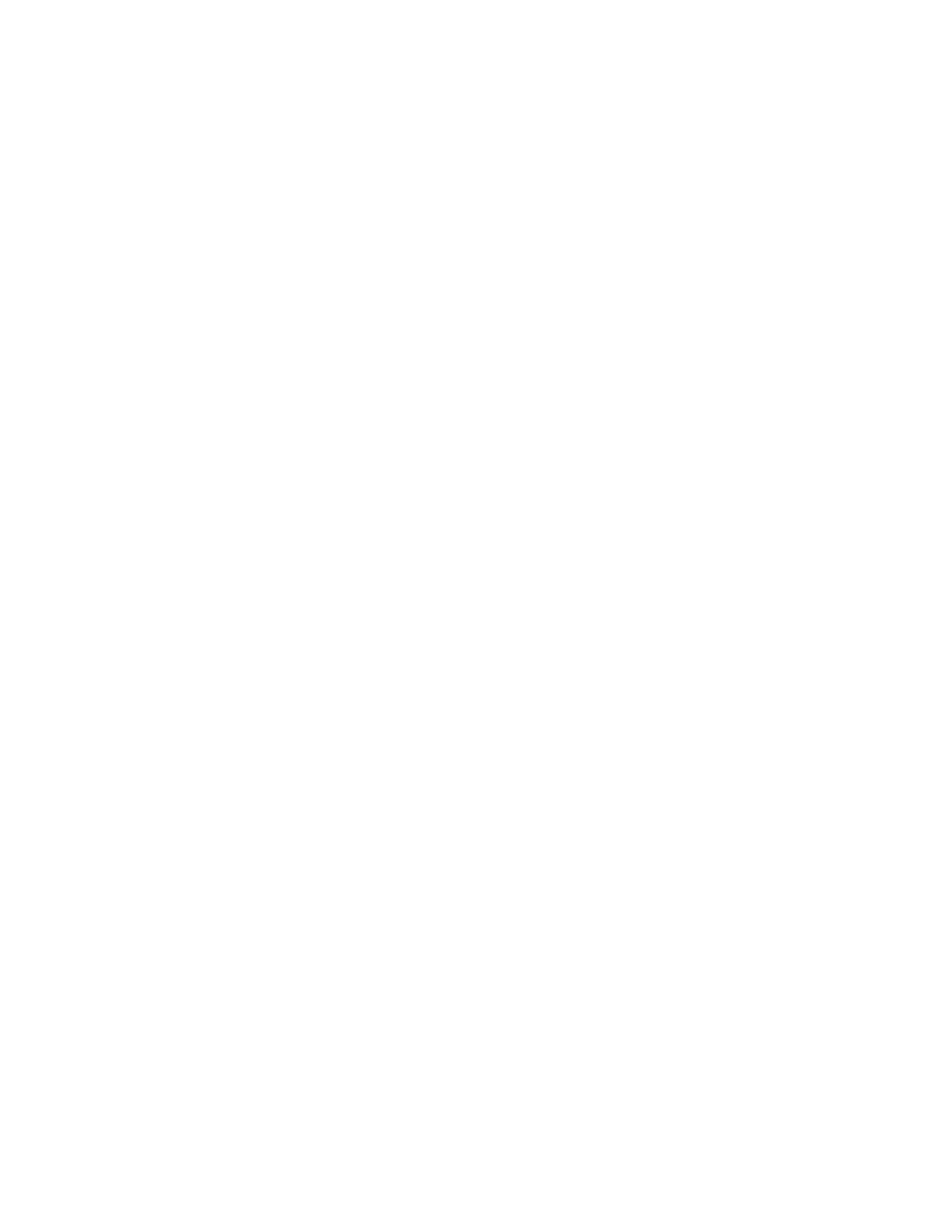
It is necessary to provide proper documentation, based on the observations of the Police
Department, that a pattern of incidents has been established over a period of time which should
support a public nuisance complaint. Incidents which present problems for residents in
neighborhoods both outside and in the vicinity of such establishments are as follows:
• Controlled substance offenses
• Disorderly conduct
• Excessive noise
• Public drinking of alcoholic beverages
• Accosting and annoying residents
• Soliciting
• Assaults
• Obstructing/impeding pedestrian and vehicular traffic.
The above is not complete, however, it is to be used as a guideline in documenting certain
incidents which affect the peace and tranquility of a neighborhood. (See inside cover of Licensed
Premises Inspection Notice book for a more detailed list of violations and laws).
Michael A. Cox
Police Commissioner
